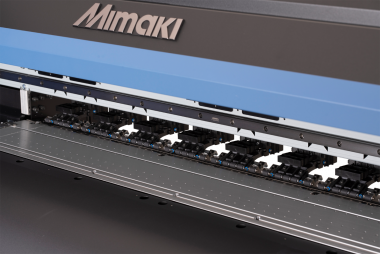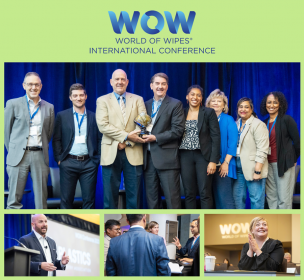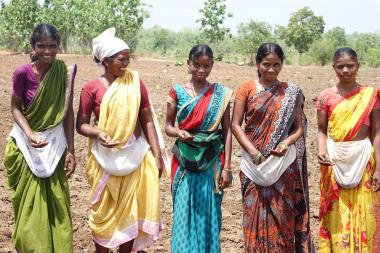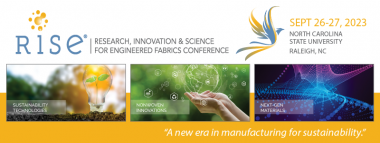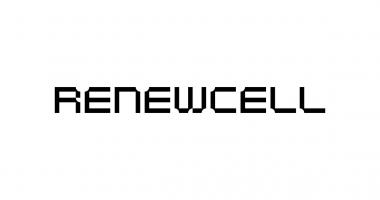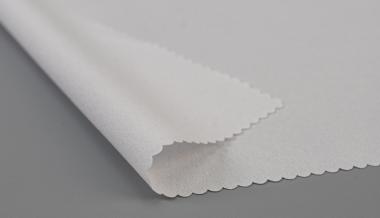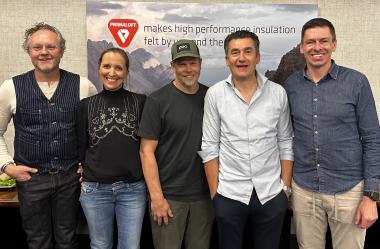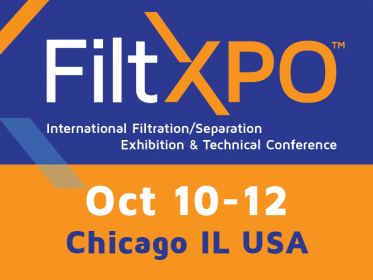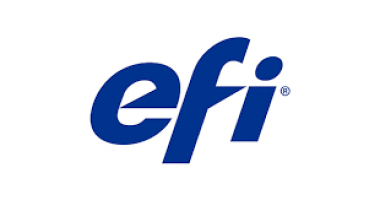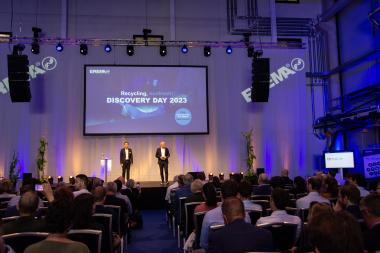SGL Carbon SE confirms full-year guidance 2023
According to preliminary figures for H1 2023, SGL Carbon's Group sales increased year-on-year from €549.8 million to €560.5 million, with EBITDApre1 almost unchanged at €88.0 million (H1 2022: €87.9 million). The expected good business performance of the Business Unit Graphite Solutions and the better-than-expected sales and earnings development of the segments Process Technology and Composite Solutions compensated the drop in demand in the Business Unit Carbon Fibers.
Graphite Solutions (GS) increased sales by 15.3% year-on-year to €280.6 million and EBITDApre by 20.6% to €65.1 million. With a 30.9% rise in sales (€64.4 million) and a significant improvement in EBITDApre from €4.1 million to €11.9 million, the business performance of Process Technology (PT) was significantly ahead of the original budget. Composite Solutions (CS) also reported a higher-than-expected sales increase of 14.4% to €79.6 million in H1 2023 and an increase in EBITDApre of 26.8% to €12.3 million compared to H1 last year. By contrast, the business performance of the Carbon Fibers (CF) unit was not in line with expectations, with a 28.9% decline in sales to €125.1 million and an EBITDApre contribution of €6.1 million (-78.4% compared to the 1st half of the previous year).
An important market segment of the Carbon Fibers Business Unit is the wind industry. Demand for carbon fibers for the wind industry has declined sharply since the beginning of the year. According to current estimates, the expected recovery in demand in H2 2023 will not materialize for the time being. SGL Carbon expects customer demand from the wind industry to pick up in 2024.
Based on this, an impairment loss of between €40-50 million will be recognized on the assets of the Carbon Fibers Business Unit as of June 30, 2023. The impairment relates exclusively to Carbon Fibers, the operating business of the other Business Units is not affected.
SGL Carbon's equity ratio after the impairment as of June 30, 2023 is approximately 36% (December 31, 2022: 38.5%).
Further information on the first six months of fiscal year 2023 can be obtained from the half-year report, which will be published on August 3, 2023.
1The definition of key figures used in this release is aligned to the Annual Report 2022.
SGL CARBON SE







